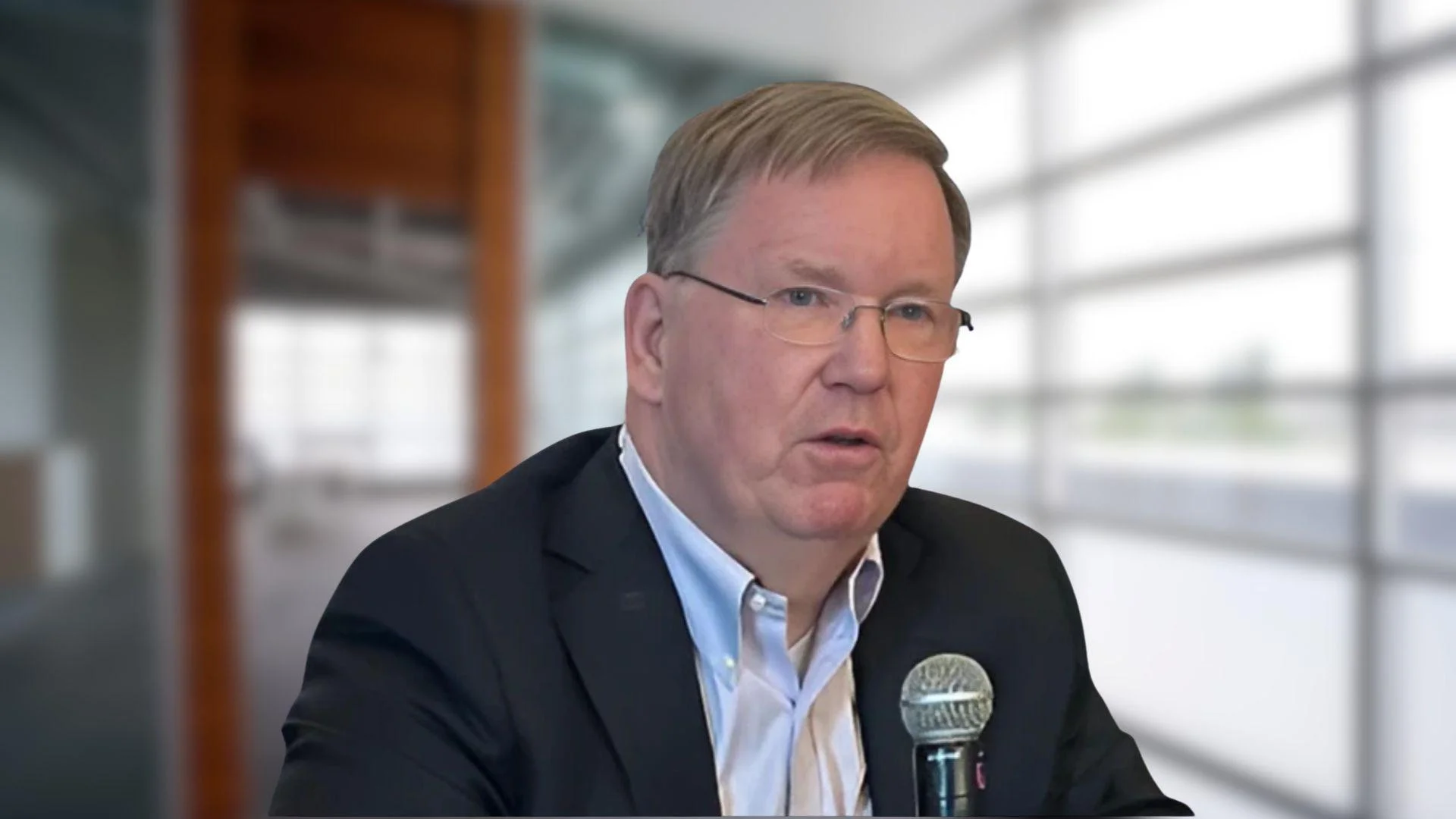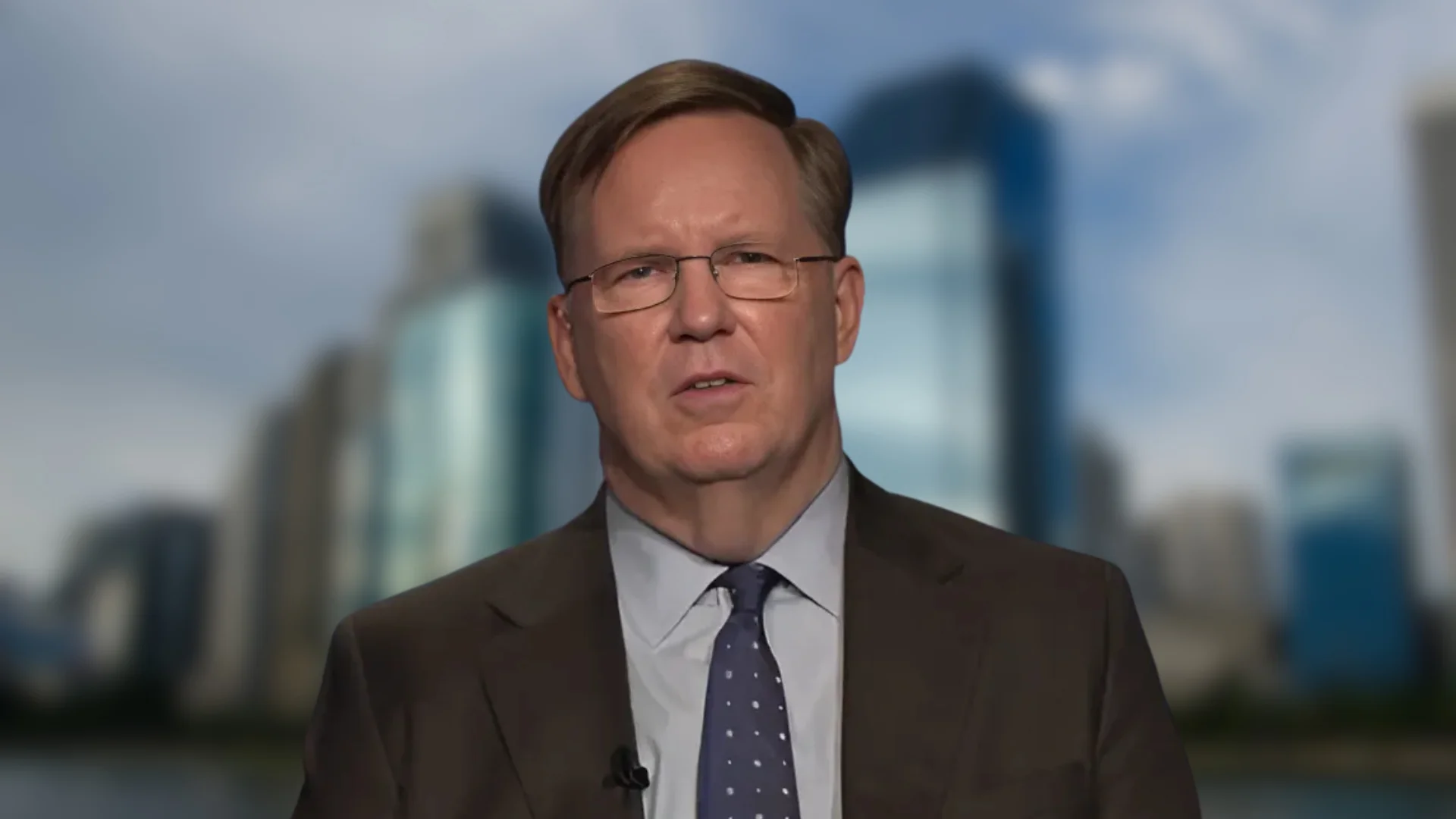
Harold H. Kim, President for U.S. Chamber Institute for Legal Reform | U.S. Chamber Institute for Legal Reform
The U.S. Chamber Institute for Legal Reform has raised concerns regarding Massachusetts's Climate Superfund bill, suggesting it could impose retroactive fees amounting to $75 billion. This development may lead to increased household costs across the state.
The Massachusetts Climate Superfund Bill, reintroduced as S.588 in 2025, is similar to last year's attempt—S.481—to levy retroactive environmental fees on companies based on historical emissions. According to The Boston Globe, the previous version of the bill set a $75 billion cap on these fees. Proponents argue that the funds would support climate mitigation efforts, while opponents warn of potential economic disruption due to retroactivity. Critics also suggest that placing such financial responsibility on companies could result in higher consumer prices.
According to the Institute’s analysis, for every $1 billion in Climate Superfund fees imposed, Massachusetts households might face an additional $276 in costs: $167 in transportation expenses, $61 from business pass-through charges, and $41 in elevated electricity bills. This breakdown uses sector-based modeling that distributes the fee across transportation, commercial, industrial, and power sectors according to each sector’s share of state emissions data from the U.S. Energy Information Administration (EIA). Given that Massachusetts already has some of the highest electricity rates nationwide—according to EIA—any fee increase would likely heighten residents' financial burden.
If Massachusetts companies are subjected to the full $75 billion in fees proposed under S.481, the Institute estimates households could experience an average increase of $20,682: $12,528 in transportation expenses, $5,114 from business pass-through costs, and $3,040 in higher electricity bills. With median household income data from the U.S. Census Bureau indicating approximately $103,000 for Massachusetts households, this suggests homeowners might spend nearly 20 percent of their annual income covering these additional costs. Such expenses would place significant strain on families and function like an unexpected tax without formal taxation safeguards or transparency.
The U.S. Chamber Institute for Legal Reform (ILR), affiliated with the U.S. Chamber of Commerce, advocates for fair and balanced legal frameworks by providing policy research and engaging in campaigns aimed at reducing litigation abuse—including reforming class actions and regulatory burdens. Through initiatives like analyzing Massachusetts’s Climate Superfund Bill, ILR aims to highlight unintended public policy consequences and promote accountability in lawmaking.






 Alerts Sign-up
Alerts Sign-up